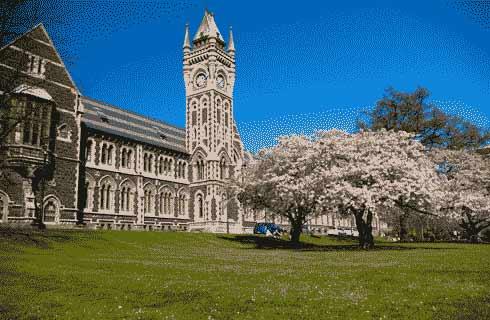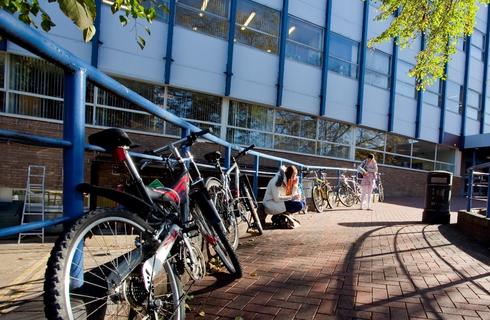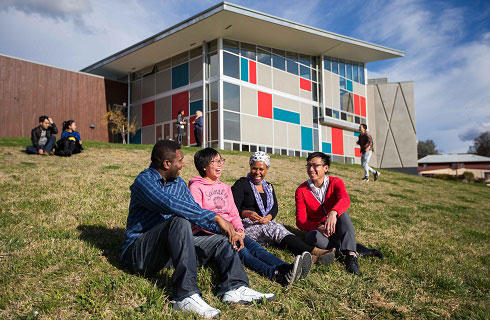课程简介
Health equity in the transition to clean energy, safe drinking water for vulnerable children, protection from infection where we work and play, economically feasible actions with co-benefits for public health and climate sustainability this work to create a healthy, sustainable, and equitable future is uniquely possible at Gillings, where engineering, science and public health are found together, and where health equity has always been a central part of our mission. Increasingly, the faculty and students of the Department of Environmental Sciences and Engineering (ESE) are responding to, planning for, and working to mitigate new and evolving public health threats that oftentimes have a disproportionate impact on marginalized communities. Some of these threats include viruses and toxic compounds in the air we breathe, hazardous agents in contaminated floodwaters, antibiotic resistance, air pollution exposures from drought-enabled wildfires, changes in water availability in low-income countries, extreme weather-impacts on the financial health of local water districts and prenatal exposures to legacy and emerging contaminants. Upon graduation, our students join over 2000 ESE alumni furthering knowledge and leading evidence-based changes in environmental and public health practice and policies.<br>Terminal degree intended for students with a strong background in the sciences or engineering who are interested in careers in basic and applied research, education, advanced practice, and management in the field of environmental sciences and engineering. The Department of Environmental Sciences and Engineering at the UNC Gillings School of Global Public Health offers bachelor's, master's and doctoral degrees.<br>The Gillings School's Department of Environmental Sciences and Engineering focuses on the interface between people and the environment. Uniquely situated in a school of public health, our interdisciplinary programs in air quality and atmospheric processes, human exposure and health effects, and sustainable water resources draw from faculty expertise in the physical and life sciences, engineering and policy. Our research strengths include:
展开





































